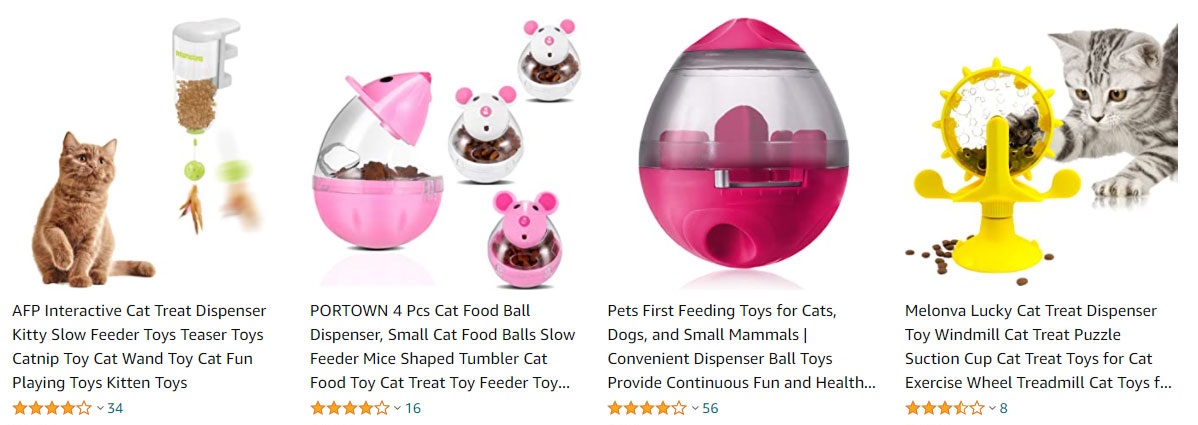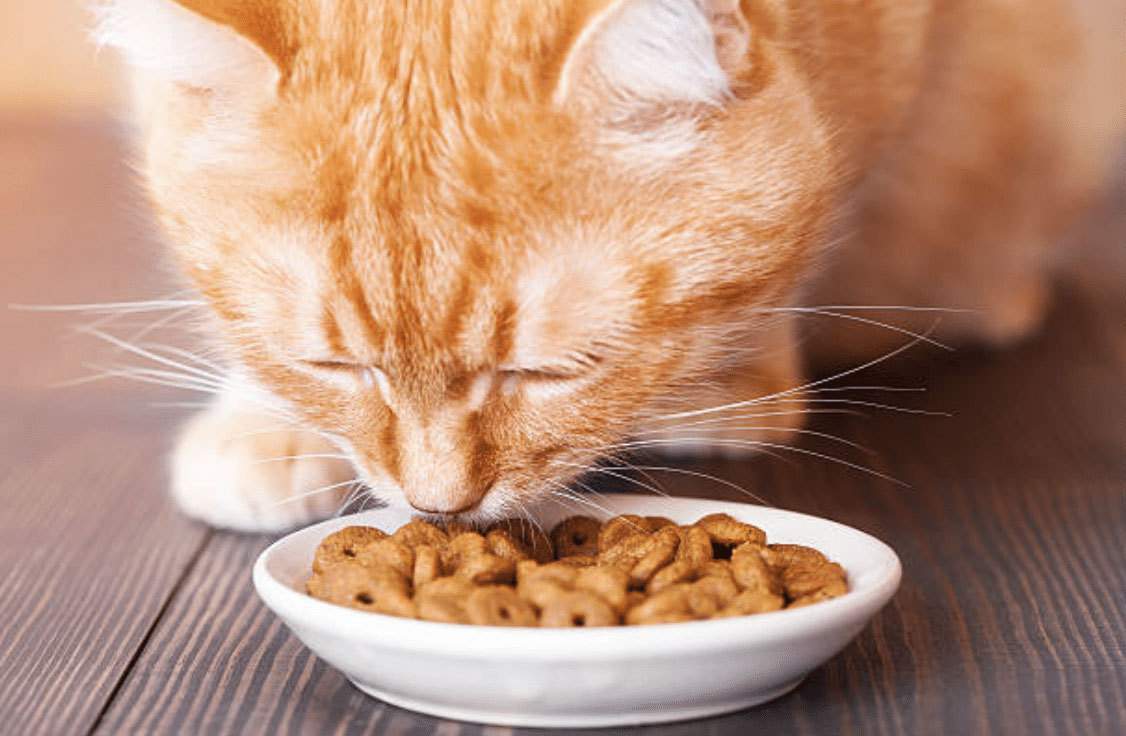My cat eats too fast
Many cats seek to eat throughout the day: it is then impossible to leave them kibble at will without risking to see them getting fat! Several things can explain this eating behavior: sterilization, sedentary lifestyle, diet and the way meals are distributed. We suggest several solutions to improve your pet's satiety!
Why is my cat always hungry?
Domesticated cats have a very different diet and lifestyle than cats living in the wild.
First of all, most cats are spayed or neutered. Neutering leads to a decrease in the animal's energy requirements and an increase in appetite. Spayed or neutered cats must therefore be given a smaller amount of food to cover their needs while their appetite is increased... this promotes weight gain and satiety problems.
Moreover, the food and the way of distribution of the meals are generally not adapted. It is important to know that in the wild, cats feed on about 15 small preys per day. Two things stand out then:
- Feeding only two to three meals a day is not appropriate for cats that eat many meals in the wild
- A ration of only a few dozen grams of kibble represents a minimal volume in the stomach of cats, unlike the many prey items ingested by wild cats
Finally, cats are increasingly sedentary, they do not have to hunt as before to access food. The energy expenditure related to physical activity is therefore less and they are prone to boredom. They can look for food to occupy their time.

What can I do to improve my cat's satiety?
It is recommended to feed cats with a mixed diet combining kibble and pate: this is called bi-nutrition. Because the food is rich in water, it takes up more space in the stomach than a simple ration of kibble and considerably increases the animal's satiety. It is recommended to give 3 to 4 meals of pate per day if possible. Bi-nutrition has many other benefits for cats.
Good to know: it is recommended not to give your cat food when he gets up because he may wake you up at dawn meowing for it! It is however recommended to give him a meal of food before going to bed to satisfy him. It is important that he has access to kibble during the night so that he does not wake you up if he is hungry.
Concerning kibble, it is recommended to choose quality kibble that will provide your cat with all the elements it needs.
For sterilized cats, it is preferable to choose low-energy kibbles with a lower energy density: you will be able to give your cat a larger quantity of kibble to cover its needs.
Kibbles can be given in a toy dispenser which has multiple benefits: it slows down food intake, keeps your cat busy for several hours a day and increases physical activity!
Even if you feed your cat a mixed diet, it is important to ration it so that it does not gain weight.
For a spayed or neutered cat weighing 4 kg, it is considered necessary to feed approximately 15 grams of kibble and 150 grams of pate per day (or 30 grams of kibble and 100 grams of pate). The ration calculation is to be adjusted for each cat according to the food chosen, its activity, its overweight state, etc...
A few zucchinis cooked in water (without adding fat) can be added to the ration: they are often appreciated by cats and they improve satiety!

